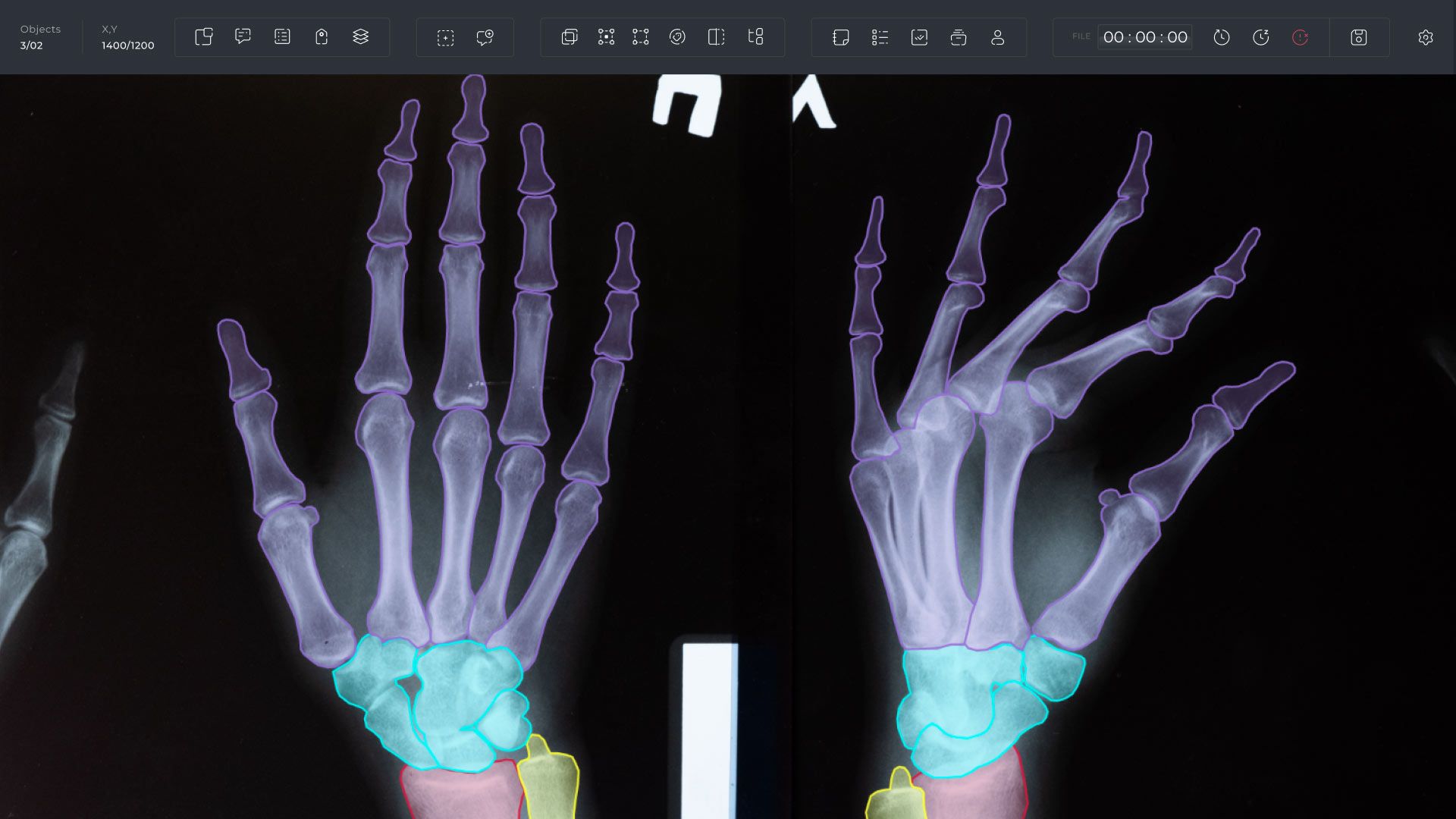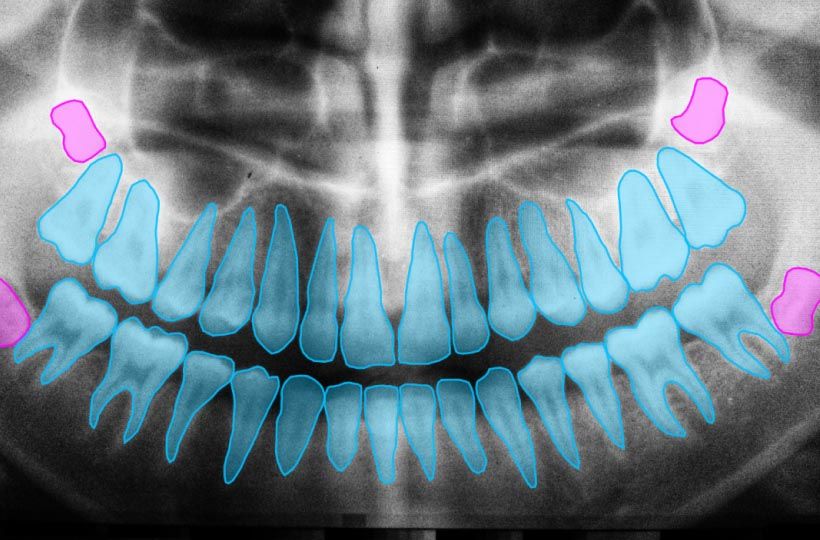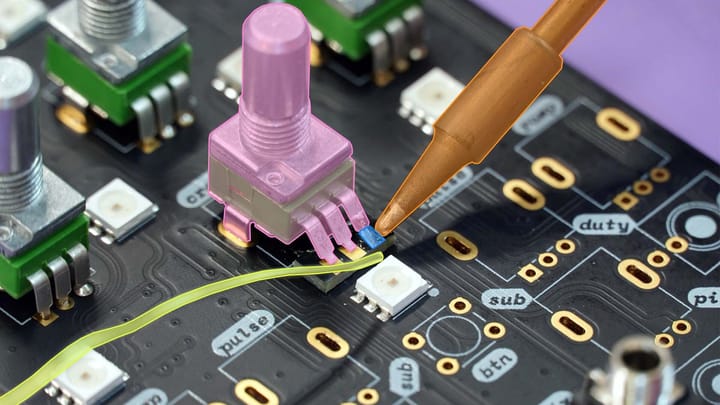How AI is changing medical industry?

Artificial intelligence (AI) has been making waves in various industries, and the medical industry is no exception. AI has the potential to revolutionize the way we approach healthcare, from improving diagnosis and treatment to enhancing medical research and analysis. With the help of AI, healthcare providers can provide more accurate and efficient care to patients, making healthcare more accessible and affordable.
In this article, we will explore the many ways AI is changing the medical industry. We will delve into the use of AI in medical diagnosis and treatment, medical research, imaging, and analysis. We will also discuss the impact of AI on healthcare accessibility and affordability, as well as the ethical considerations surrounding AI use in the medical industry. Finally, we will look at the future possibilities and challenges of AI in healthcare.
As we explore the potential of AI in the medical industry, we hope to shed light on the many ways this technology can transform healthcare and improve patient outcomes.

Introduction To AI In The Medical Industry
The healthcare industry is seeing an increasing use of artificial intelligence (AI), with venture capital funding for healthcare-related AI reaching $8.5 billion. Big tech firms, pharmaceutical companies, medical devices companies and health insurers are all engaging with the AI healthcare ecosystem. AI's most immediate impact will be in radiology and pathology.
AI technology holds significant promise for addressing some of the biggest challenges faced by the global healthcare industry including reducing waiting times for patients and improving efficiency in hospitals and health systems. In fact, AI could contribute up to USD$15.7 trillion to the global economy by 2030.
North America leads the world in terms of embracing AI's potential within their medical industries, accounting for 58% of revenue share related to its implementation. The use of this technology has captured interest across all types of organizations because it can decentralize and democratize medicine - allowing people without access to top-tier facilities or physicians to receive high quality diagnostic care without leaving their homes.
Overall, advancements in AI are empowering innovators as well as providers towards new approaches that present possibilities today that even five years ago may have seemed entirely impossible which makes it one of the most transformative technologies we’ve seen so far in regards to changing our world on a large scale approach while providing better patient care across multiple levels globally.
AI In Medical Diagnosis And Treatment
AI is revolutionizing the medical industry in many ways, including diagnosis and treatment. With advancements in machine learning algorithms, AI is capable of accurately diagnosing medical conditions and developing effective treatments.
One application of AI is in radiology. The technology can analyze complex medical images like X-rays, CT scans, and MRIs more quickly than a human expert. This allows doctors to identify potential health risks faster and improves their ability to plan relevant treatments for their patients.
Another application of AI is in developing personalized treatment plans. With access to vast amounts of patient data, AI algorithms can generate personalized treatment recommendations based on genetic data, medical history, lifestyle habits, and other factors. This means that treatments are likely to be more successful at treating an individual's unique condition.
AI also helps doctors make faster decisions by comparing a patient's symptoms against massive databases of similar cases from around the world instantly. This can help speed up diagnoses when time is critical or a disease requires quick action.
While there are still challenges that need addressing - including how to ensure these approaches are ethical and equitable - there’s no question that artificial intelligence has the potential to revolutionize healthcare with less cost expenditure ment As we continue implementing such promising technologies into our healthcare system, we will undoubtedly see new opportunities emerge for both patients and providers alike.

The Use Of AI In Medical Research
Artificial Intelligence (AI) is changing the medical industry by assisting in medical research. For instance, AI algorithms can study vast collections of medical records and genetic information to identify new associations between genetic and environmental factors. In turn, this could lead to new treatments or diagnostic instruments for various diseases.
The application of AI in medical research also involves identifying drug candidates and performing clinical trials. Scientists working on AI-based projects could use modeling tools not only to create hypotheses but also test them out within simulations. This process ensures more accurate predictions before testing on humans, thereby reducing costs while speeding up the development of drugs.
However, using AI in medical research comes with its ethical and legal considerations such as the privacy of patients' data used for analysis that needs to be safeguarded. Bias concerns have also emerged owing to insufficient representation of varying populations within the datasets studied by machines. If this concern remains unchecked, it could lead to discriminatory policies or services being generated from said datasets that will disproportionally affect population subgroups excluded during model training.
In summary, AI's usage in the medical industry does present enormous promise in improving patient outcomes through innovative discoveries that come from machine-based assistance with wide-scale data processing tasks which were formerly beyond human ability or efficiency levels; nevertheless requires careful handling due to their ethical nature making sure we remain accountable for all decision-making using machine outcomes.
AI In Medical Imaging And Analysis
One of the most promising applications of artificial intelligence (AI) in healthcare is medical imaging and analysis. Through computerized algorithms, AI is able to break down complex imaging data and analyze it for a range of diagnostic purposes. This has numerous benefits for both patients and healthcare providers, including faster diagnosis times, more accurate readings, and improved patient outcomes.
The dominance of software solutions within the AI in healthcare market is also reflected in its use for medical imaging. Computers powered by AI can process large amounts of data quickly, spotting subtle patterns or changes that may be missed by the human eye. For example, AI can identify thickening in specific muscle structures or monitor blood flow changes that may indicate certain diseases. Additionally, it has proven useful in identifying cancerous lesions as well as monitoring neurological diseases and thoracic complications.
Through AI-powered medical imaging advancements are constantly being made such as machine learning models to detect diabetes-induced eye diseases with a similar level of accuracy to humans. These strides have had remarkable impact on the industry with expected revenues set to increase from $753.9 million USD in 2022 to $14 billion USD by 2028 at a rate of 34.8%.
As technology continues to advance rapidly across various fields every day breakthroughs become more feasible than ever before when it comes to improving health outcomes through advanced tools such as those harnessing powerful technologies like artificial intelligence.
The Impact Of AI On Healthcare Accessibility And Affordability
AI has the potential to reshape the healthcare industry by improving outcomes while making it more accessible and affordable. The global market for AI in healthcare is projected to grow to $64.10 billion by 2029, showing that many investors believe in its potential impact. VC funding for the top 50 firms in healthcare-related AI has already reached $8.5 billion.
AI can help convert time-consuming and inefficient tasks into actionable information for better outcomes. This technology can lead to more efficient diagnoses, improved care coordination, and better patient engagement. Emerging AI technologies like chatbots and predictive risk scores provide patients with a quick response time, reducing wait times or unnecessary physician visits.
By utilizing AI, hospitals and clinics can save costs through automation of processes such as medical billing and drug management while providing a great user experience for patients who would otherwise have long wait times at doctor's offices or pharmacies. Additionally, this also reduces healthcare expenditure waste which is estimated currently between $1,100 and $1,700 per person annually.
In conclusion, AI brings immense potential to improve accessibility and affordability in healthcare without compromising on quality of care delivery thus creating more value for patients especially those less privileged living in developing countries where access to qualified doctors is limited.
Ethical Considerations In AI Use In The Medical Industry
As the use of AI in healthcare grows, there are ethical concerns that must be addressed to ensure its potential benefits are achieved. Four major ethical issues that must be taken into consideration are informed consent, safety and transparency, algorithmic fairness, and data privacy. Properly addressing these issues is crucial to ensuring patients have confidence in the use of AI in medical treatment.
In addition to these concerns specific to the medical industry, AI also raises broader ethical questions for society such as privacy and surveillance, bias and discrimination, and the role of human judgment. It is important for developers and users of AI technology to work together on solutions that value human diversity, freedom, autonomy, and rights while also creating fair systems that address potential biases.
Ethical principles concerning patient care should drive the design and development of AI technology systems. These include non-maleficence (the principle of doing no harm), beneficence (the principle of doing good), respect for patient autonomy (allowing patients to make their own decisions), and justice (ensuring equity in access to care). To ensure these principles are upheld during design stages collaboration with experts from different fields is necessary including ethicists or social scientists.
In conclusion, while there is significant promise in using AI technology within healthcare practices there must be a clear focus on ethics considerations so all can benefit from this progress towards improved health outcomes. Addressing ethical concerns such as data privacy protection ensures public trust whilst upholding moral values defined by society shows responsibility through effective regulation frameworks inside different countries around the world. Ethical dialogue between innovators involved with artificial intelligence will help secure new ideas which aim not only improving medical outcome but shaping an acceptable scope for a refined system working collectively with healthcare practitioners.
Future Possibilities And Challenges Of AI In Healthcare
AI is rapidly changing the medical industry with its possibilities to improve patient care and reduce costs. Possible uses of AI in healthcare include identifying disease patterns, predicting an individual's risk of certain diseases, suggesting preventative measures, reducing waiting times for patients, and improving efficiency in hospitals and health systems. The potential applications for AI are vast; however, there are also several challenges that need to be addressed.
One of the biggest challenges associated with AI in healthcare is privacy protection concerns. With access to sensitive personal health information, it is important that proper data management and security protocols are in place. Moreover, transparency becomes crucial when deciding how much control patients have over their own data.
Other challenges include data discrepancies and research flaws due to bias built into machine-learning models as well as maintaining the AI systems' performance after implementation. There's no guarantee that these issues can be entirely eliminated given that machines reflect human behavior based on available information at a certain point in time.
Although there are many necessary considerations involved when utilizing artificial intelligence (AI) within healthcare facilities or a hospital setting such as those mentioned above but its benefits make adopting into energy and time-efficient practices essential. Future integration of AI technology will broaden our capability to detect diseases earlier on increasing diagnostic accuracy while ultimately relieving some burden on medical professionals by streamlining processes so they can focus more intently on refining their expertise areas rather than administrative tasks.

The Potential Of AI To Transform The Medical Industry
AI allows practitioners to receive clean data quickly leading to more accurate diagnoses which expand the functional domain of various healthcare professionals. In addition, the use of AI applications can cut annual US healthcare costs by USD 150 billion in 2026 alone.
While there are still some challenges facing AI adoption such as regulations and skepticism over privacy concerns amongst patients, its potential to transform the medical industry is immensely promising.
Looking forward, AI application will have a positive impact on enabling early disease detection improving treatment methods and enhancing overall quality of care for patients across all sectors of medicine from primary care to specialist treatments such as oncology or radiology.
In summary, it’s clear that AI will play an increasingly important role in providing efficient and effective solutions that help both practitioners and patients alike transform their daily operations while fostering better patient outcomes.



